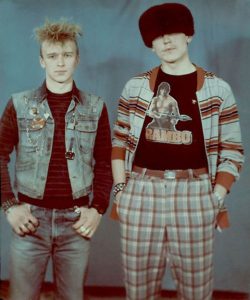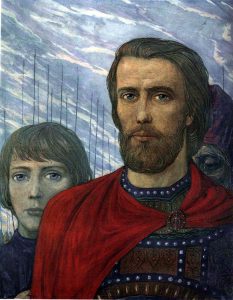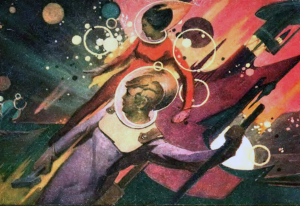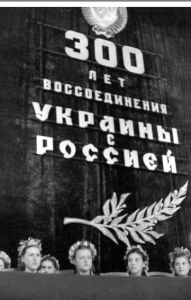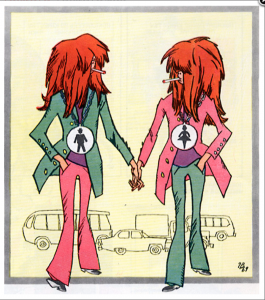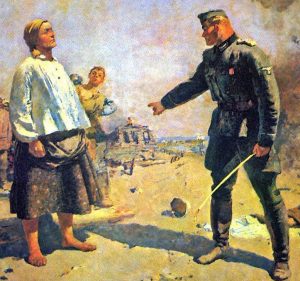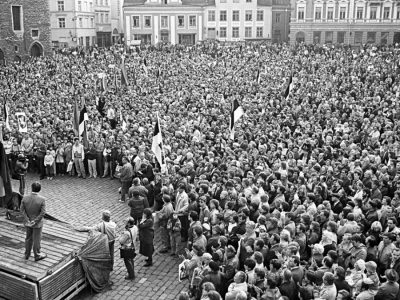Welcome to the final edition of the 20th-Century Russia Digest for Spring 2017. The collective went out on a very strong note and the best of the final contributions are featured in the slider and the top section of the site.
Final Blogpost Guidelines
by •
Mikhail Gorbachev’s leadership ushered in an era of increased freedom, opportunity, and hope for Soviet citizens, even as it fostered economic uncertainty, political instability, and the threat of chaos. For your final blog post, please choose a topic that gives you some insight on the collapse of Soviet communism and the social transformation that accompanied it.
From Baikal to Boycotts: Making Sense of the Seventies
by •
We had a bumper crop of wonderful posts focusing on key aspects of Soviet life in the seventies.
Tenth Blogpost Guidelines
by •
Despite it’s reputation for “stagnation,” the Soviet seventies were anything but boring! Science fiction, new modes of consumerism and expanding television and film offerings shaped the decade, as did the dissident movement, the campaign to clean-up the Aral Sea, and the invasion of Afghanistan.
The Soviet Sixties
by •
We had a terrific crop of posts this week, many of which focused on the diversity of cultural expression, social change and generational tensions that were hallmarks of the Soviet sixties.
From the Bomb to the Double Burden
by •
Cultural and social change rocked the Soviet Union in the years after Stalin’s death. This week’s posts address many aspects of the liberalization in politics and society signaled by Khrushchev’s “Secret Speech” in 1956.
9th Blog Post Guidelines
by •
Change was in the air as the sixties unfolded. Challenges in the sphere of foreign policy and changes in leadership marked the political sphere just as new forms of cultural expression and shifting social norms shaped Soviet society.
8th Blog Post Guidelines
by •
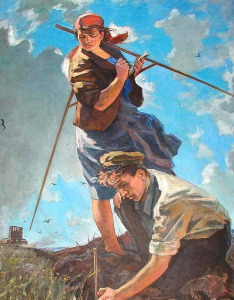
Fedor Maliaev, “Virgin Lands” (1958)
“No Greater Love” – Soviet Victory in WWII
by •
Defeating Nazi Germany on the battlefield required an all-out mobilization effort from the Soviets. Indeed the home front became as essential to eventual victory as the battlefront, as Soviet citizens realized that the nation’s very survival was at stake. This weekly edition reflects the varied and integrated aspects of the Soviet Union’s struggle for survival and the costs of its eventual victory in World War II. We had several posts that explored the changing roles and perceptions of women as well as many powerful discussions of the military leadership, key battles, the traumas of the Holocaust and the POW experience. A third category of posts dealt with the official culture of the war and post war cultural policy. Our title is an homage to the English title of Friedrich Ermler’s film about a courageous partisan leader played by the great Vera Maretskaia. Known as “She Defends the Motherland” in Russian, the film was first released in the United States during the war under the title, “No Greater Love.”
The Iron Curtain
by •
Link to Maria’s post here.

